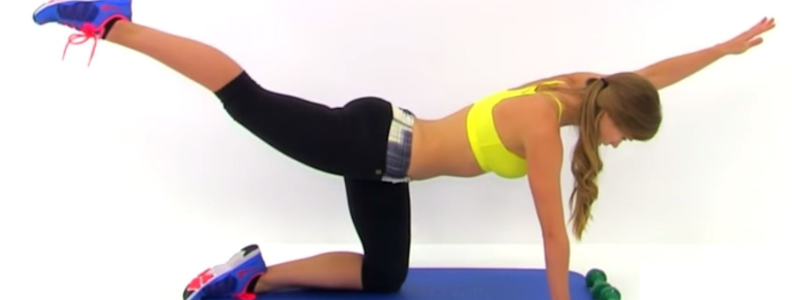Running a Marathon: 5 Things You Should Know First
Running a marathon is a challenging feat to undertake, especially for beginners. Along with the many unavoidable aches and pains that come with training for the 26.2-mile run, there’s more work involved than just running. Paying attention to what your body is telling you could help you avoid future injury.
Here are some tips for making sure your mind and body are prepared for your first marathon run:
1. Your Strength is Your Power
Has anyone ever told you that running a marathon involves more than just… running? If you’re signing up for the first time, strength training is recommended twice a week It’s more than just training your legs and running muscles, working on your back and core in different motions will definitely help you gain more strength and stability as you prepare for that first long run. Your goal is power, balance and control to help you push towards the finish line.
2. Do Not Ignore Pain
Pain is inevitable and pain must be taken care of. Running is a sport that involves the development of certain muscles, and pain will be experienced at some point in the process. Be it excruciating or minor, you must have yourself checked to avoid injury in the long run (literally). Remember: It is alright to skip an exercise routine if something does not physically feel right. Listen to what your body is saying.
3. Improve Your Posture
A marathon requires efficient running — posture and body alignment are key factors in achieving that goal. Consider having a posture assessment to know if your joints and bones are properly aligned. Aches and pains can sometimes be attributed to improper alignment.
4. Get Out of Your Comfort Zone
Training incessantly has to get you somewhere – it’s a significant part of the process. Sometimes, it involves doing things that we don’t want to do -just to get past the challenges that you set for yourself.
It’s important to develop a healthy mindset to go beyond your usual speed. Reaching small milestones such as reducing your mile time by a minute helps build your confidence as a runner.
5. Know When to Cool Down
All that high-intensity training you’ve been doing will also require some rest time. Stretching and doing recommended restorative exercises will be beneficial especially for the discomfort many people feel during running.
Source: SELF










